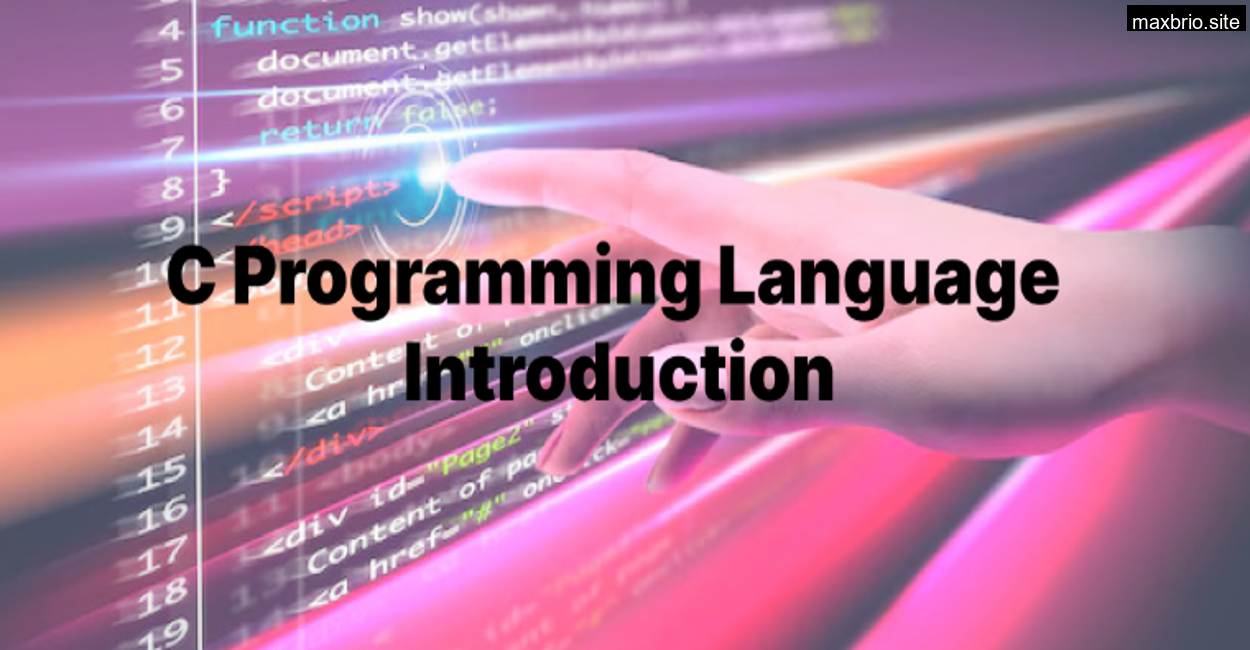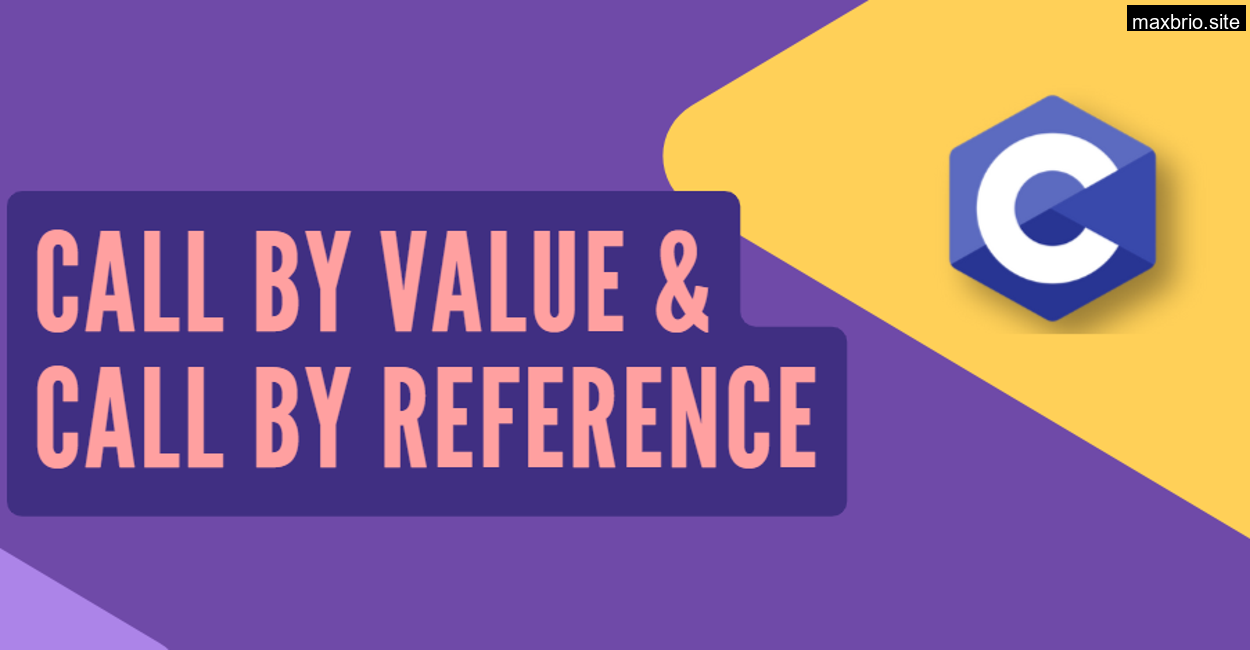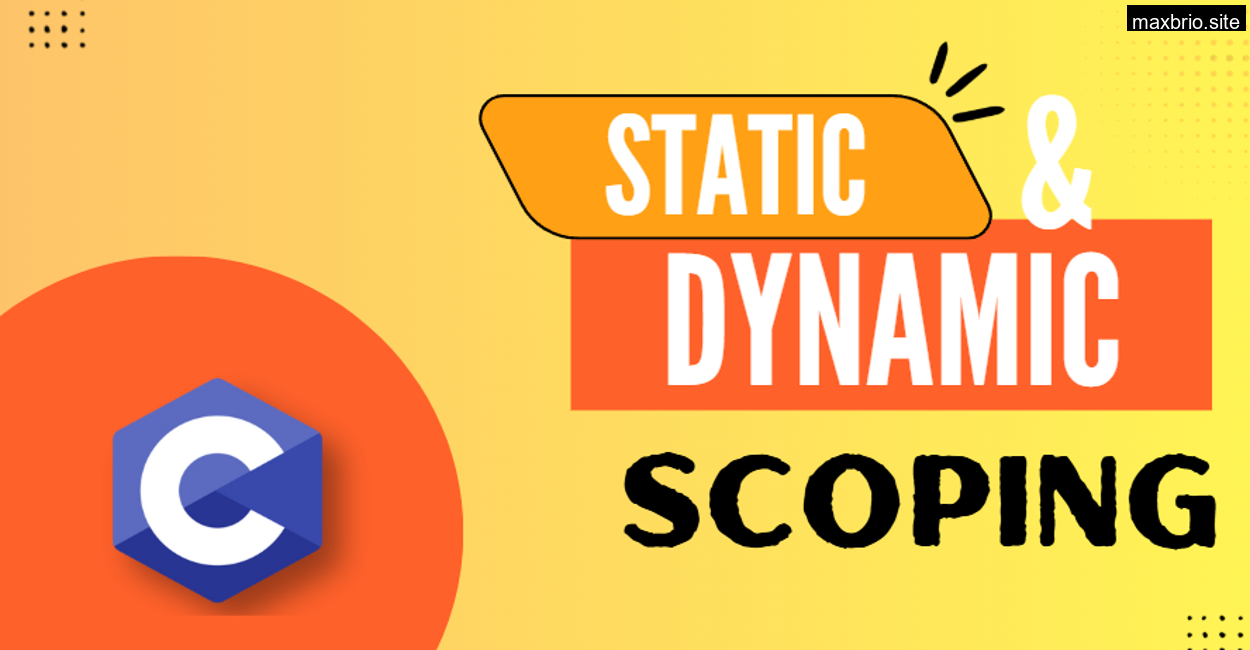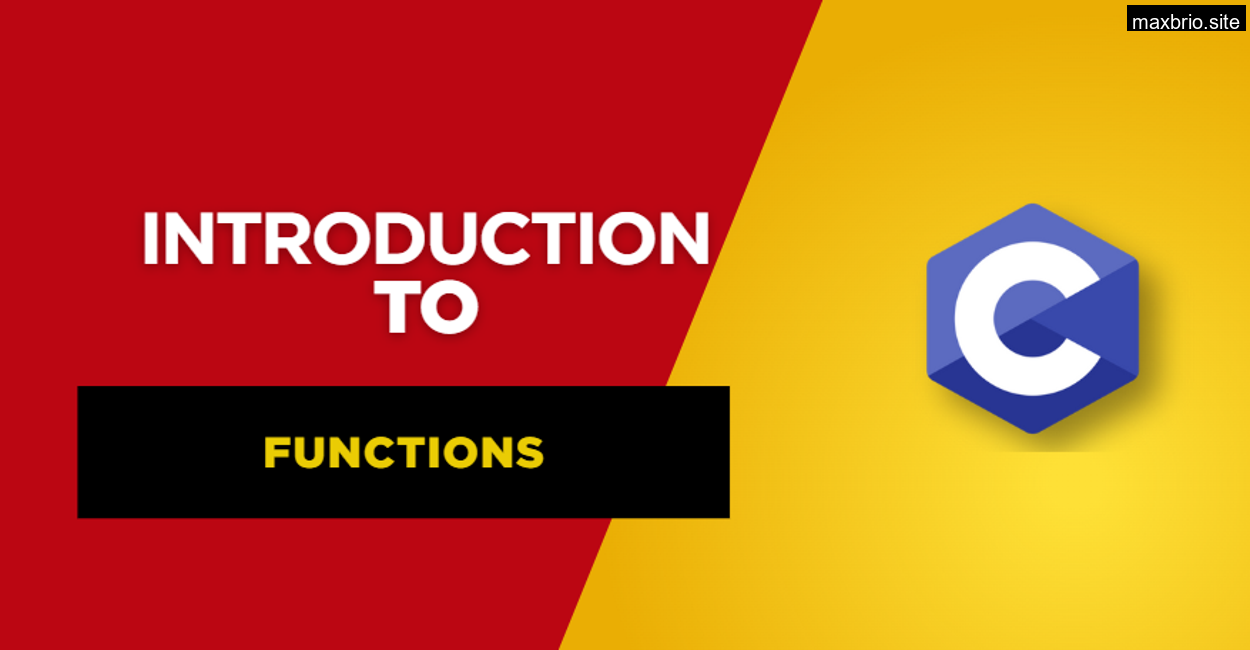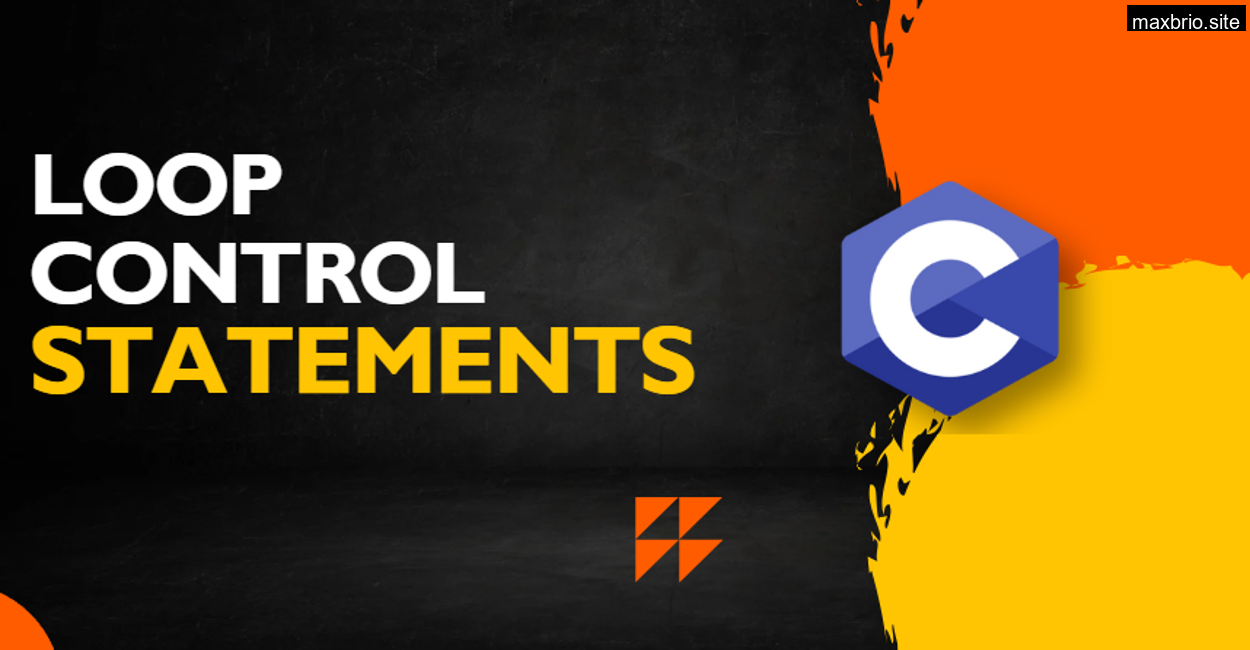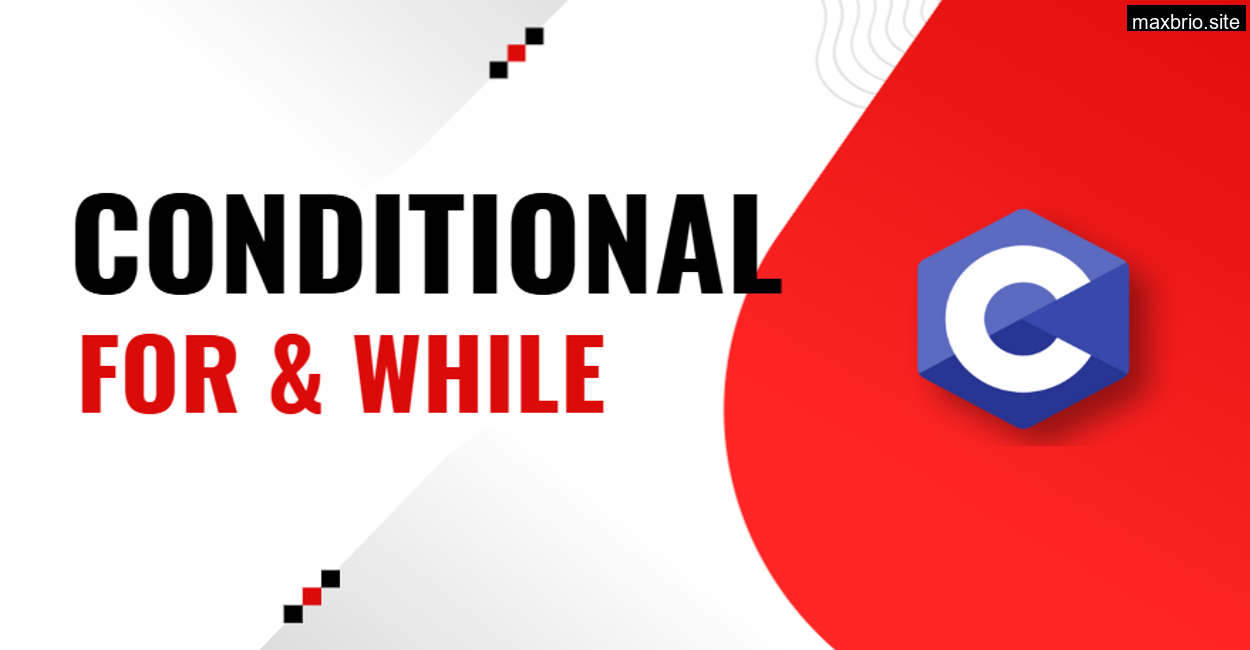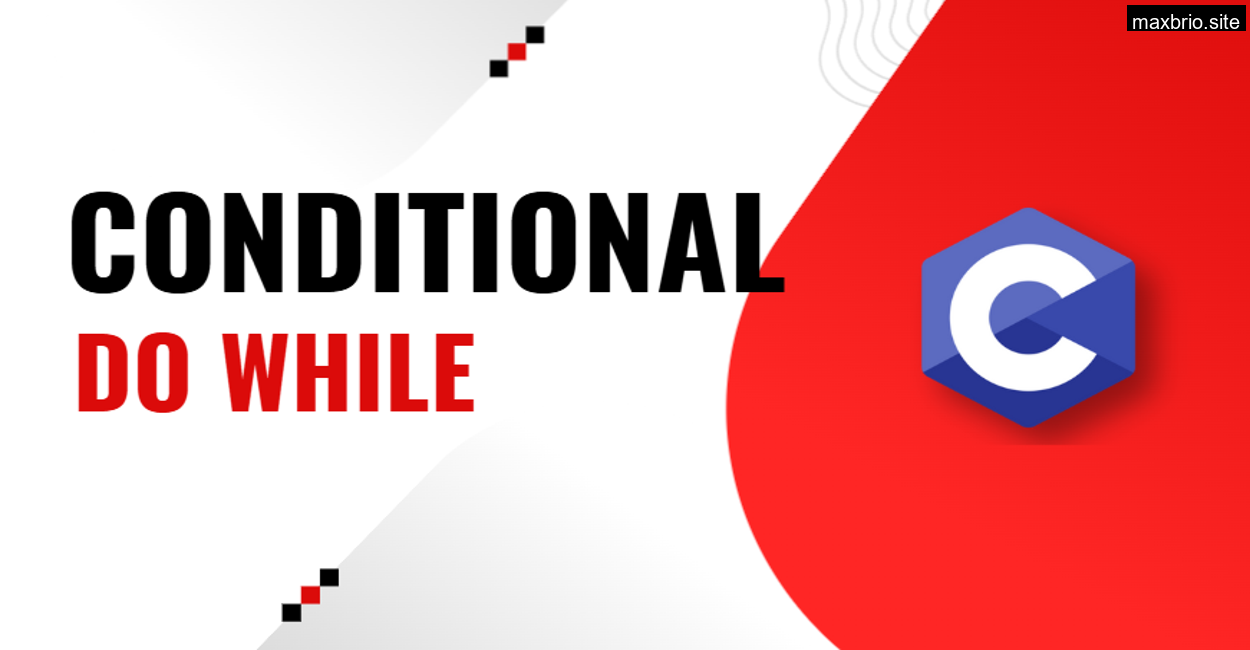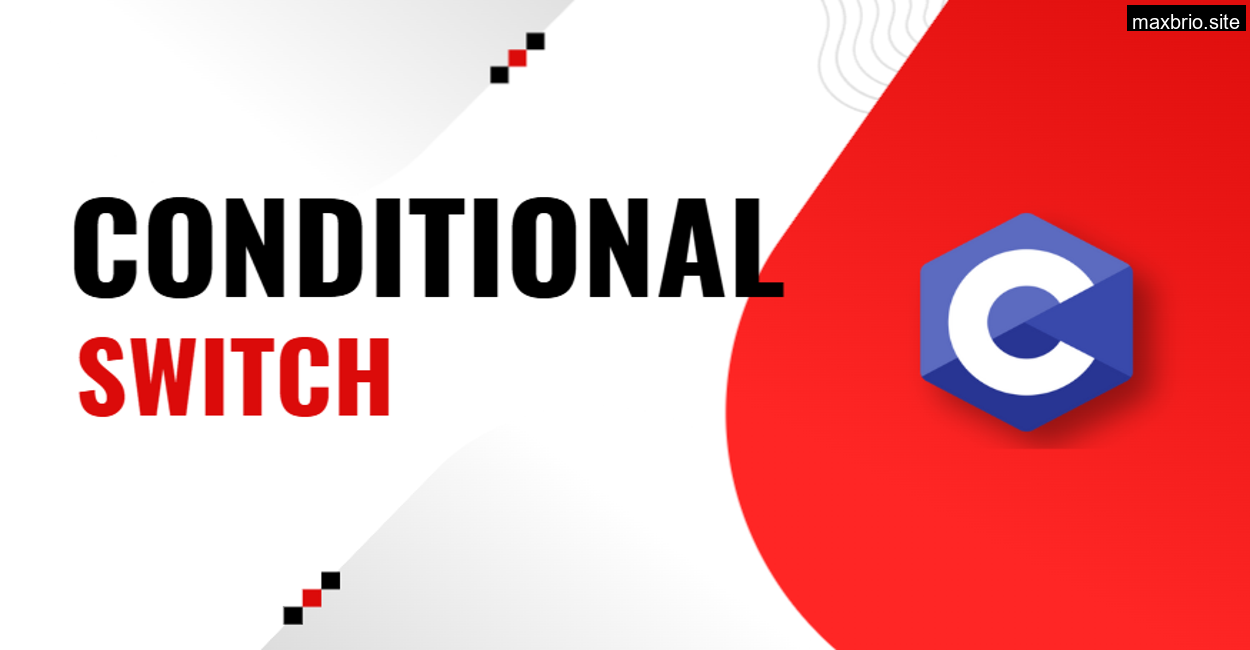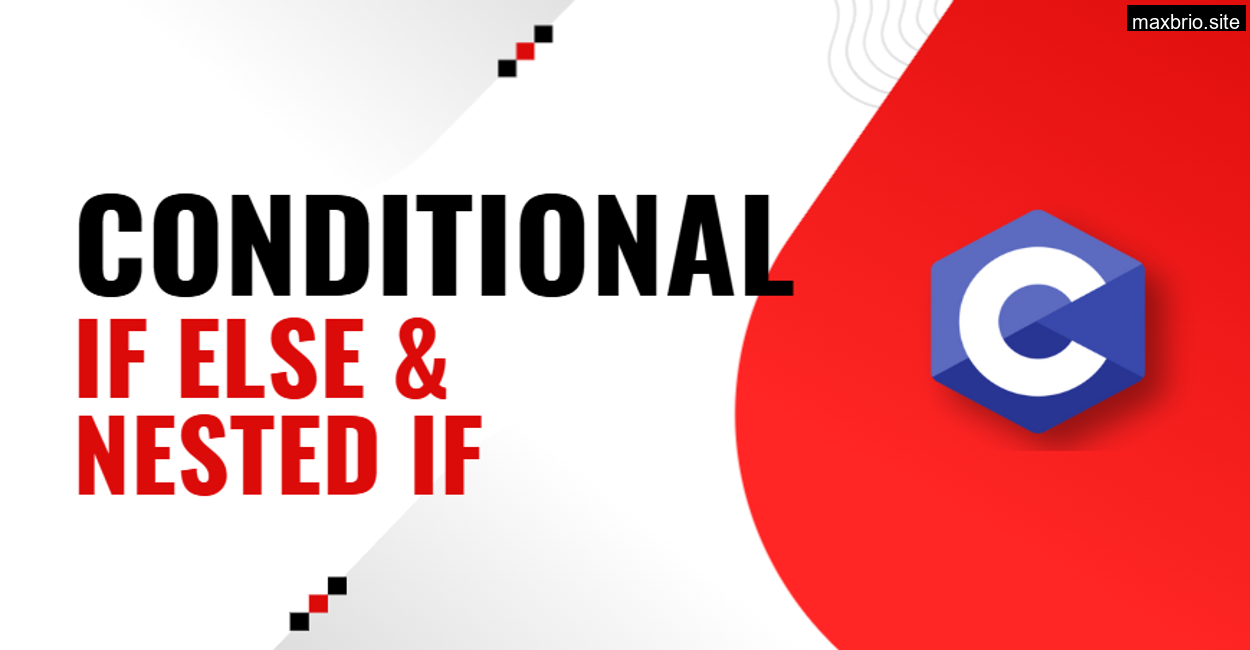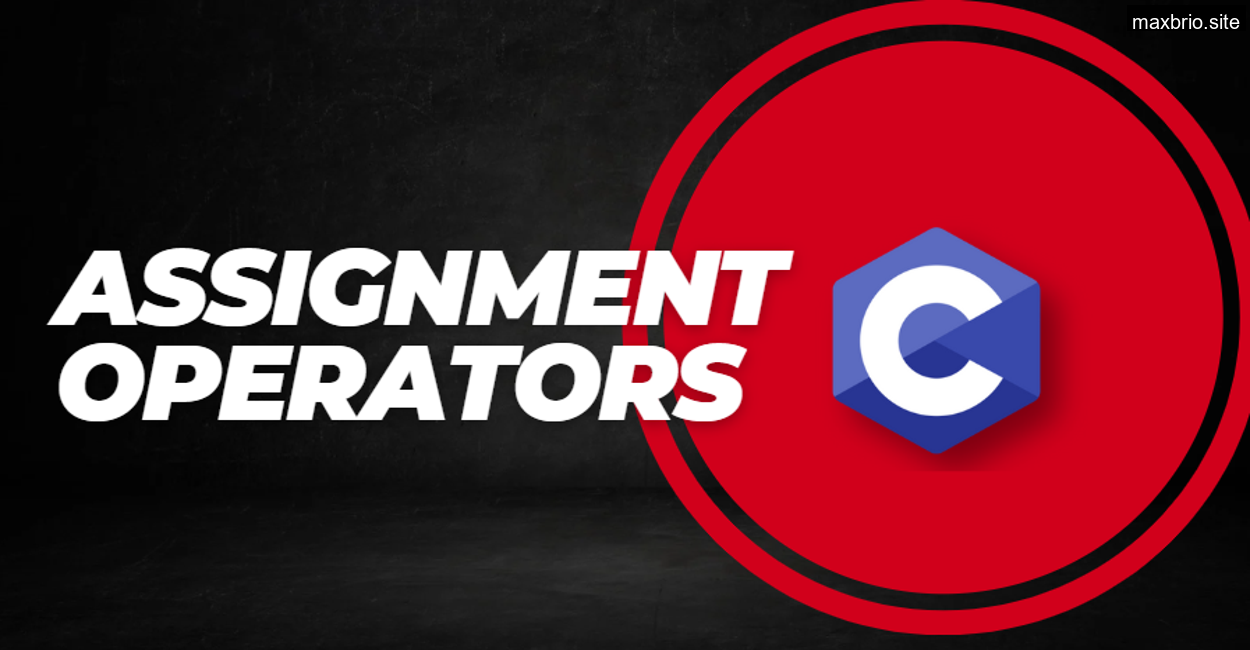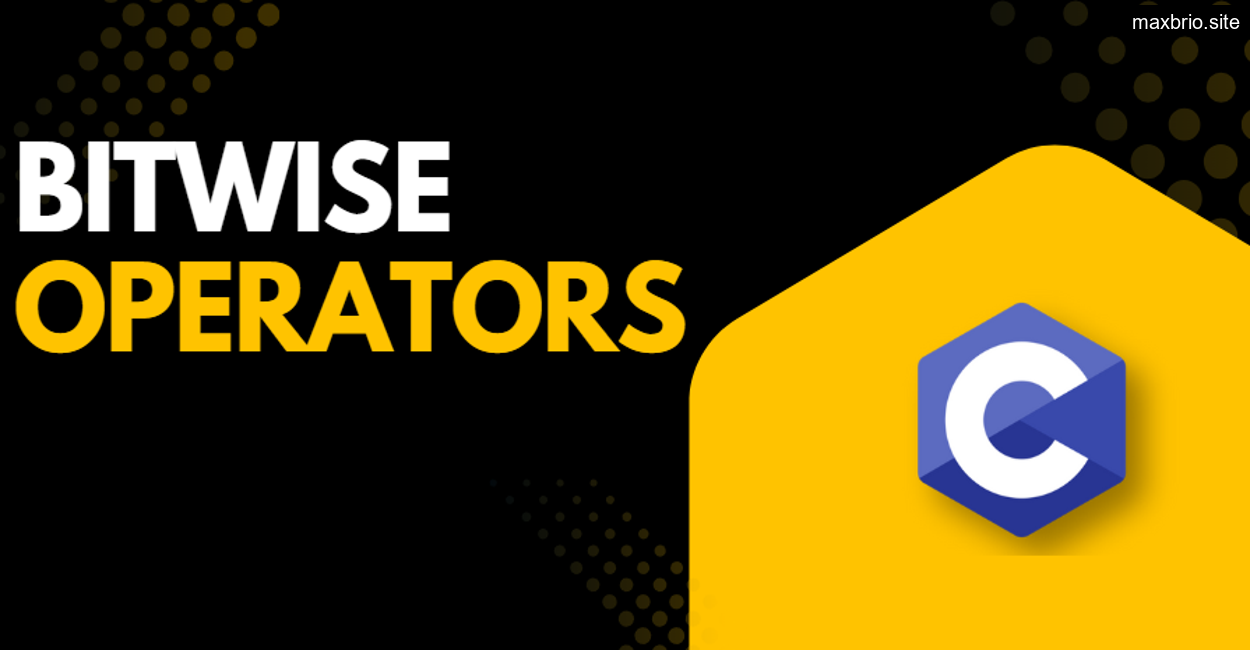I still remember the smell of warm monitors in the dim lit lab, the ceiling fans humming louder than my confidence. I was sitting at a dusty PC, my fingers shaking slightly as I typed:
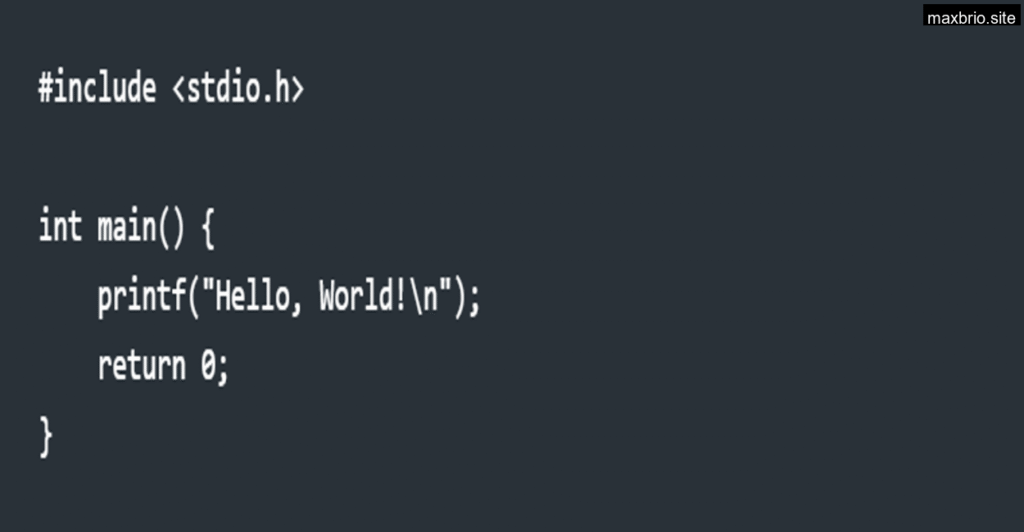
I hovered over the compile button with the same nervousness one might feel disarming a bomb. I clicked. The terminal blinked. No errors. The words “Hello, World!” glowed like magic on the screen.
I wasn’t just running code I was commanding a machine.
That was the moment C Programming stopped being just another subject. It became a language I could think in. And to this day, I tell my students: If you want to understand how computers think, not just how to use them learn C.
Let me take you inside my classroom.
When I First Taught C
One of the earliest lessons I give when introducing students to C begins not with syntax or semantics, but with a question:
“Why does Google have different teams for UI, backend, testing, and analytics even when they all work on the same product?”
The classroom always lights up with guesses:
- “To manage work easily?”
- “Specialization?”
- “To avoid chaos?”
Exactly.
And then I say: That’s how C works too. It breaks big problems into small ones procedurally.
The look of realization on their faces is pure gold.
C is the ultimate manager. It doesn’t like mess. It asks us to divide problems into functions, like departments in a company.
And that’s what makes C both logical and poetic it mimics how we solve problems in real life.
C Isn’t Just a Language. It’s a Mindset.
If you ask me why C still matters in 2025, I’ll give you two reasons:
- It teaches you to think like a computer.
- It never lies to you.
Unlike modern languages that abstract away hardware details, C makes you get your hands dirty. You touch memory directly through pointers, manipulate bits using bitwise operators, and decide how data is managed, not just what data is managed.
I remember a student Aarav who once asked me, “Sir, why can’t I just use Python or JavaScript instead of learning all this complicated memory stuff?”
So I took out two containers from my desk. One labeled “Fridge,” another labeled “Deep Freezer.” I dropped a chocolate in each.
“Imagine these are your variables,” I said. “In Python, you tell the kitchen staff, ‘Get me chocolate,’ and they’ll figure out where it’s stored. In C, you decide where it goes, and you fetch it.”
Aarav laughed and nodded. “So C is like… self service kitchen.”
Exactly. And that self service, that control, is where the power lies.
The Procedural Philosophy of C: Divide to Conquer
Let’s break it down.
C is a procedural language, meaning it approaches tasks linearly and structurally. This is what gives it a raw, stripped down feel. You don’t build an app in one giant blob you write tiny, sharp functions that do just one thing well.
I tell my students this story:
“When I was in college, I tried building my first text editor in C. It crashed ten times. Each time I fixed one function open file, save file, edit file until finally it worked. I didn’t realize it back then, but I was learning not just C I was learning software engineering.”
The Power of Low Level Access
There’s something deeply humbling about working with memory directly.
One day in class, we were going over pointers, and I could see the confusion spread like wildfire.
I paused the session and said:
“Close your laptops. Imagine your house. You have rooms and you store things in them. Now, instead of giving your friend your book, you give them the address of the room where the book is.”
That was the first time they truly understood what a pointer was an address to a location in memory.
C doesn’t protect you from making mistakes with memory. If you use an invalid pointer, the program crashes. Brutally.
And yet, this risk is what makes C feel honest.
High Level vs Low Level vs Middle Level
Here’s how I simplify abstraction in programming for my class:
- High level languages (like Python) = luxury cars with automatic gears. You don’t feel the engine.
- Low level languages (like Assembly) = you build the car yourself, nuts and bolts.
- C? It’s like a manual transmission. You feel the clutch, the engine, the road. But you’re still inside a car.
C is a middle level language, and that’s not an insult it’s its greatest strength. You get the best of both worlds:
- Access to system level operations (like memory and bitwise control),
- And abstractions like loops, functions, and standard libraries that make life easier.
Built in Functions and the Joy of Libraries
One of the things beginners overlook is how powerful the C standard library is.
During one workshop, I showed them how printf() works.
“Wait,” one student interrupted, “where is the definition of printf()?”
Great question. That’s when I introduced the concept of header files and linkers.
I explained:
- #include<stdio.h> isn’t magic. It’s a preprocessor directive that tells the compiler: “Hey, I’m going to use some functions like printf, so get the declarations ready.”
- The linker then maps those declarations to the actual definitions inside the C standard library.
It blew their minds.
I always say writing C without understanding compilation is like flying a plane without knowing how the wings work.
From Source Code to Machine Code: The Journey Behind the Scenes
C made me appreciate every tiny step of how a program runs:
- Preprocessing replaces directives like #include.
- Compilation converts source code to assembly.
- Assembling turns it into object code.
- Linking combines everything into an executable.
Students often ask, “Why not just write the code and run it?”
I respond: “You can eat food without knowing how to cook. But if the gas leaks, would you know how to fix it?”
C teaches you the cooking behind software.
Real Life Debugging Moments
Let me tell you about a real moment from class.
One student forgot a semicolon after printf. The compiler screamed. Another forgot #include<stdio.h>, and the code wouldn’t compile. A third used ‘a’ instead of 0 in return ‘a’;, and I let them do it intentionally.
The compiler flagged every one.
We sat together, checked the build messages tab, and read every error. That’s when it hit them:
“The compiler isn’t just a judge it’s your mentor. It’s trying to teach you.”
When they finally got “Build finished: 0 errors, 0 warnings,” it felt like applause.
Encouraging Hands On Practice
In every workshop, I ask students to download Code::Blocks and write their first code. Nothing fancy. Just:
#include<stdio.h>
int main() {
printf(“Welcome to C Programming!”);
return 0;
}
And I always emphasize:
“Don’t just watch. Get your hands dirty. Break things. Fix them. That’s how you learn.”
I give them micro tasks like:
- Remove #include<stdio.h> what happens?
- Miss the semicolon what error shows up?
- Change return 0 to return ‘x’ how does the compiler react?
And slowly, C stops feeling scary.
It starts to feel like a friend.
Why I Still Recommend C Today
People ask me With all the modern languages around, why still teach C?
And I tell them:
- Because C is the root of all languages. C gave birth to C++, Java, even influenced Python.
- Because C teaches discipline. You can’t be careless.
- Because C forces you to understand logic, data types, memory, and how things work under the hood.
Most importantly, because once you learn C, no programming language will intimidate you again.
Final Thoughts: C Is Where You Begin to Think Differently
C didn’t just teach me how to write programs.
It taught me how to think logically, how to divide problems into manageable pieces, how to debug not just code but life.
To this day, I still teach C with the same passion I had in that dim lab years ago. Because every time I see a student hit Build and Run for the first time and watch “Hello, World!” appear I remember exactly how that felt.
It felt like magic.
And it still does.
A Quick Challenge for You
If you’re reading this and haven’t written your first C program yet, try this:
- Install Code::Blocks.
- Type out the “Hello, World!” program.
- Modify it. Break it. Make mistakes.
- Then fix them.
Because in the process of fixing, you’ll learn more than any book can teach.
See you in the next blog. Keep compiling. Keep learning.
FAQ
Why is “Hello, World!” such an important first step in learning C?
“Hello, World!” is more than just a tradition it’s a rite of passage. It marks the moment when theory meets execution, when you first command a machine and it obeys. In C, writing and successfully compiling this program shows that your development environment is ready, and that you’ve taken your first real step into systems level thinking.
Is learning C still relevant in 2025 with so many high level languages around?
Absolutely. C forces you to understand memory, logic, and how the machine actually works not just how to tell it what to do. It’s the blueprint under many modern languages. Once you grasp C, concepts in Python, JavaScript, or Rust become easier. C teaches you how to think like a programmer, not just how to code.
Why do beginners find pointers and memory management so confusing in C?
Because it exposes the raw machinery. You’re no longer shielded by abstraction you have to understand how data is stored and accessed. But that’s also the beauty. Once students link pointers to real world metaphors (like giving an address instead of a physical object), it clicks. It’s confusing at first, but deeply empowering once mastered.
What makes C a “procedural” language and how does that affect how we write code?
C approaches problems the way we do in real life: step by step. It encourages you to divide complex tasks into manageable functions. Think of it like a company with different departments, each doing one specific job. This philosophy not only makes programs cleaner, but also builds a strong foundation for learning software design principles.
I keep making small syntax mistakes in C. Is that normal?
Very normal and very valuable. In fact, that’s how you learn C. Every missing semicolon, every incorrect return value, every forgotten #include teaches you something. C is unforgiving, but also honest. The compiler isn’t just pointing out errors it’s teaching you how to communicate clearly with the machine.
